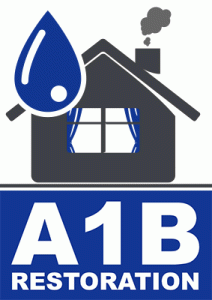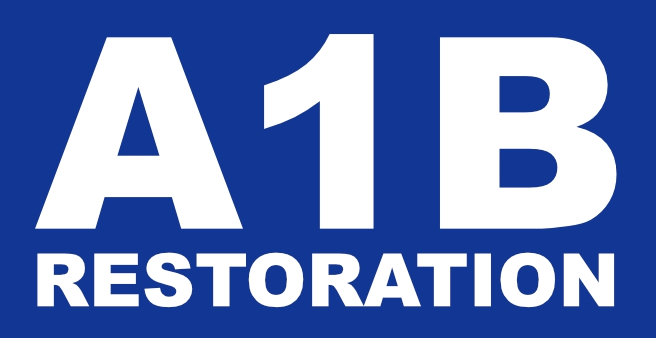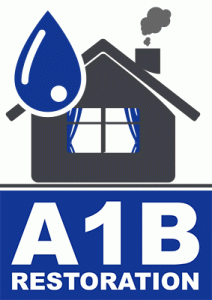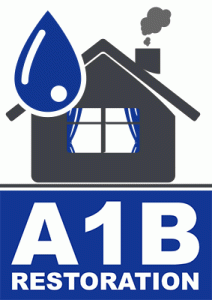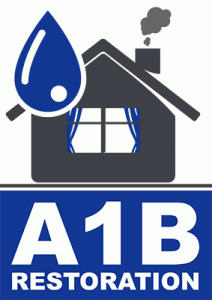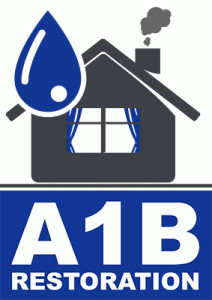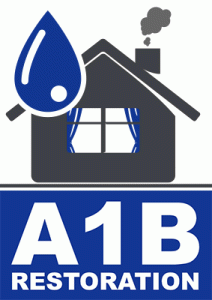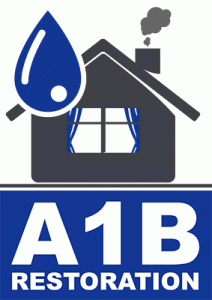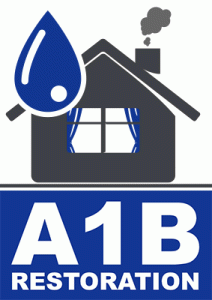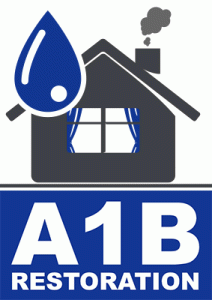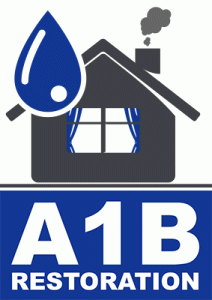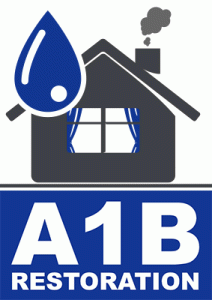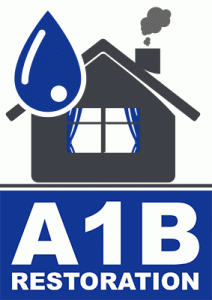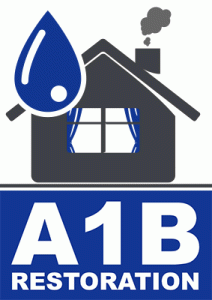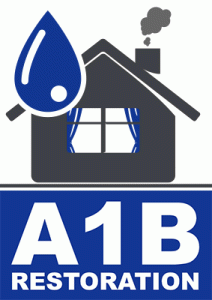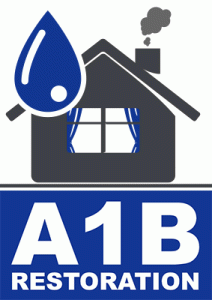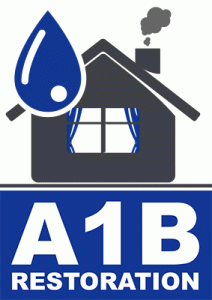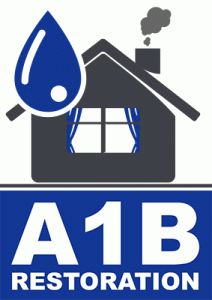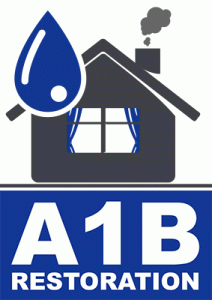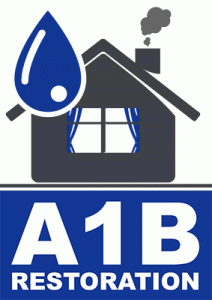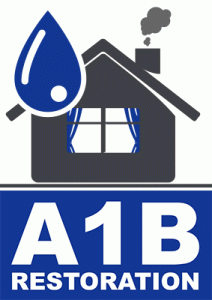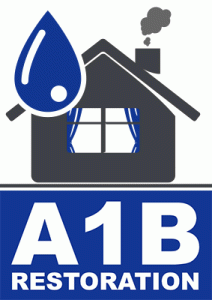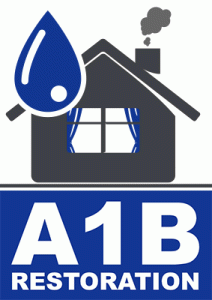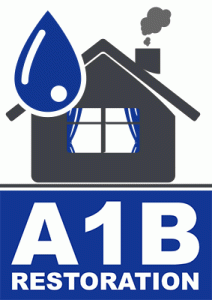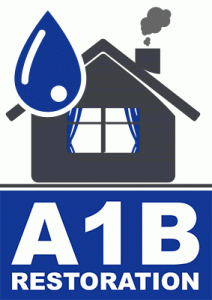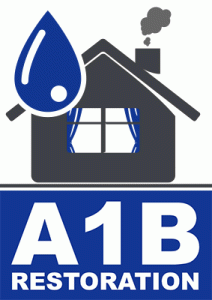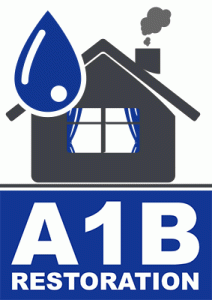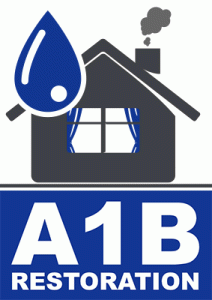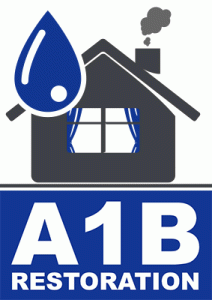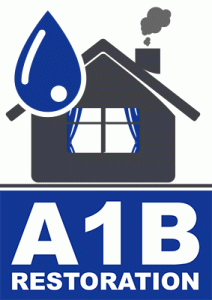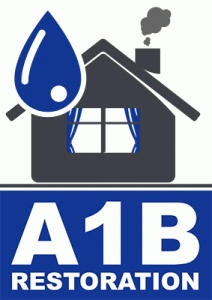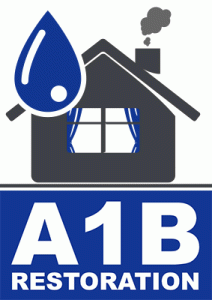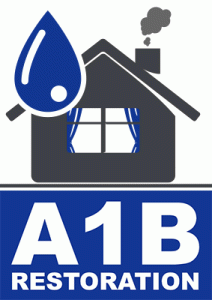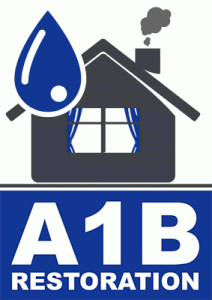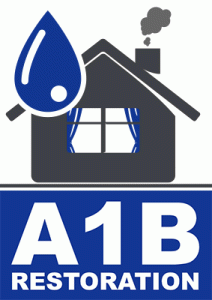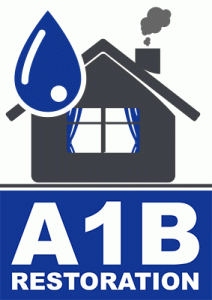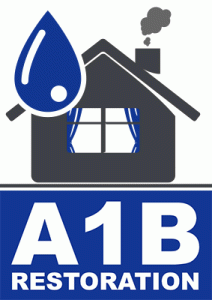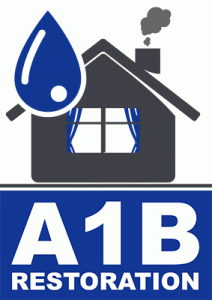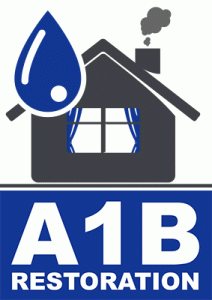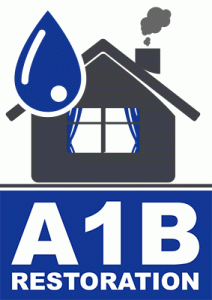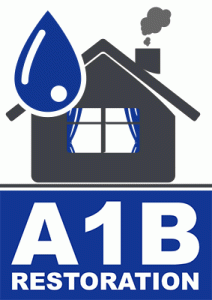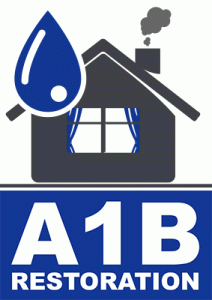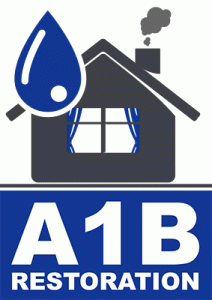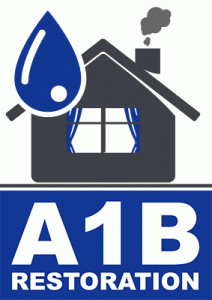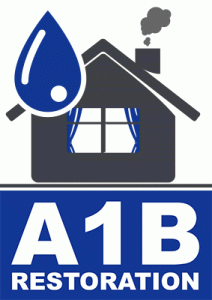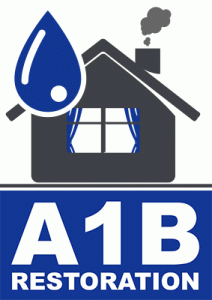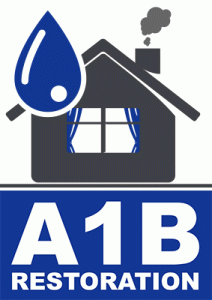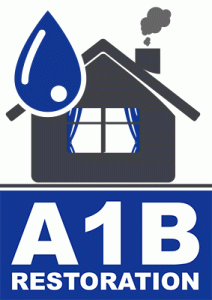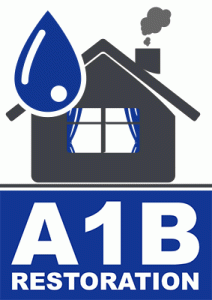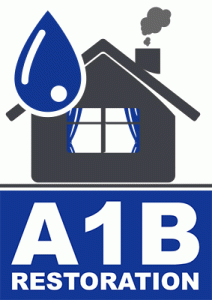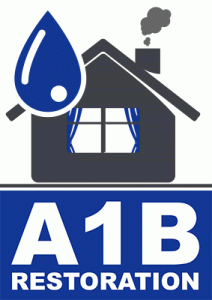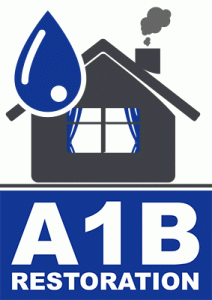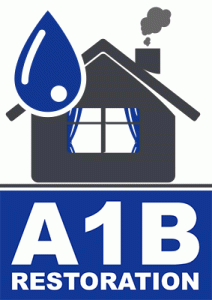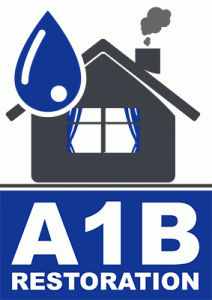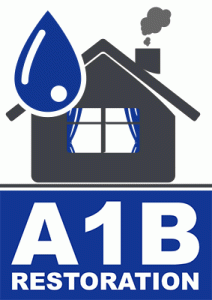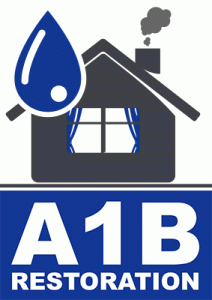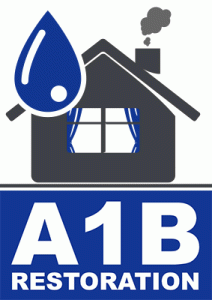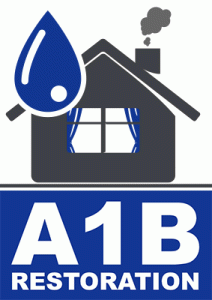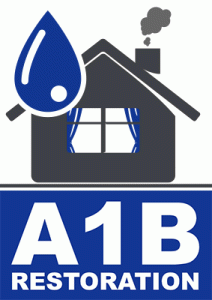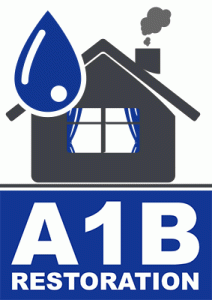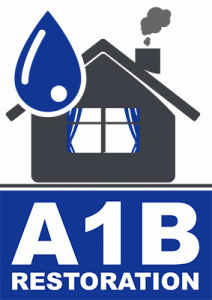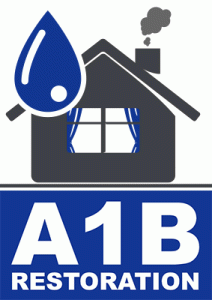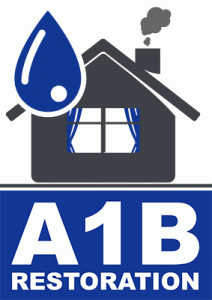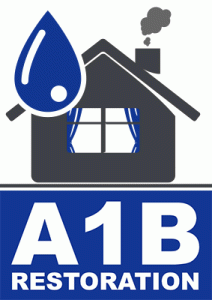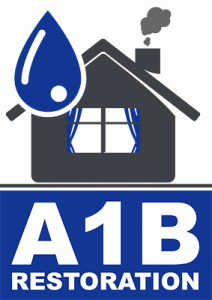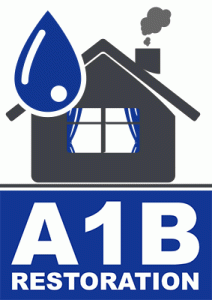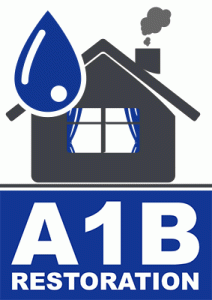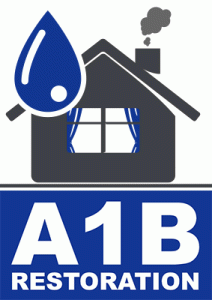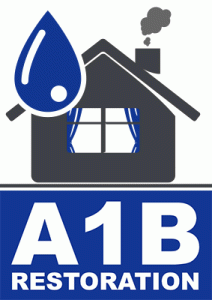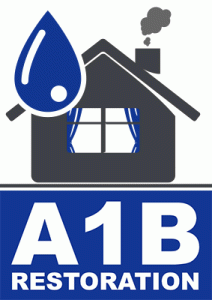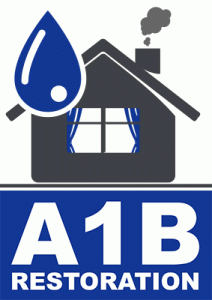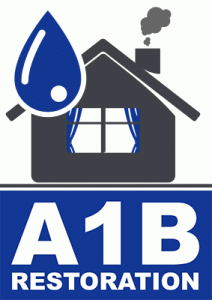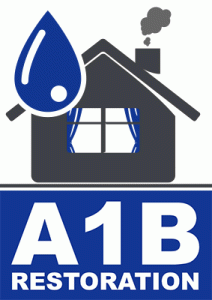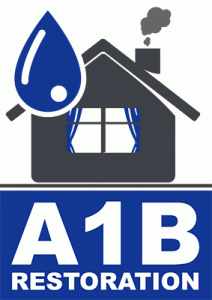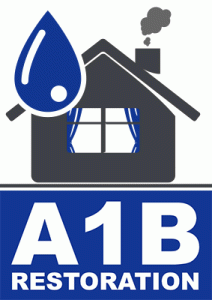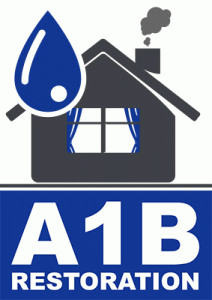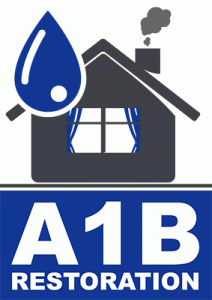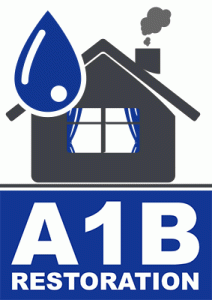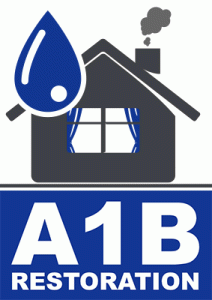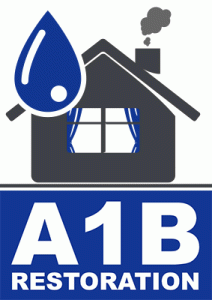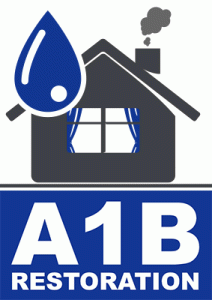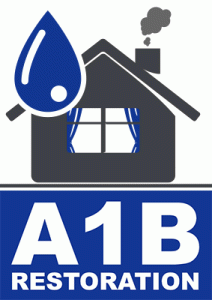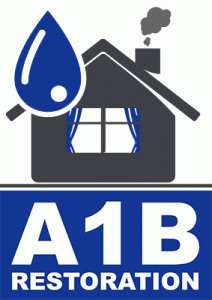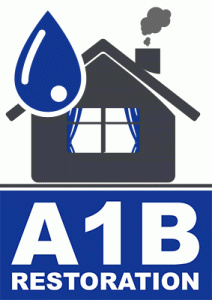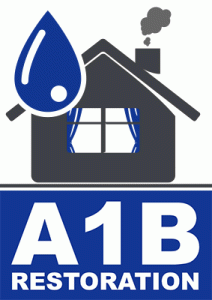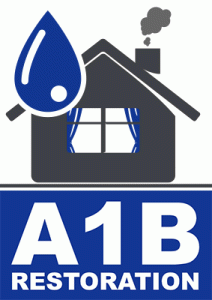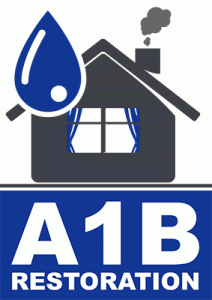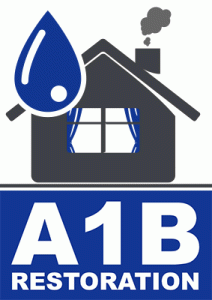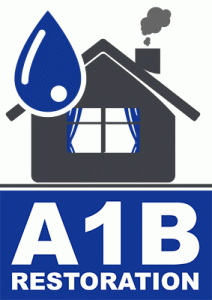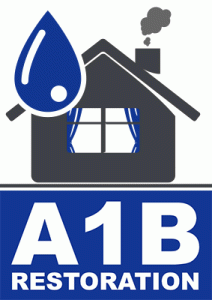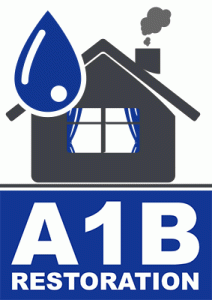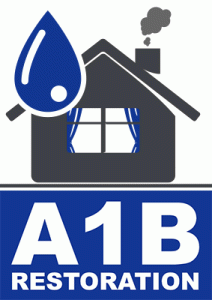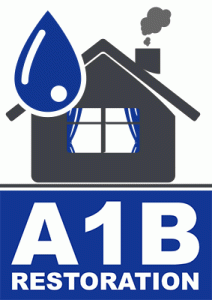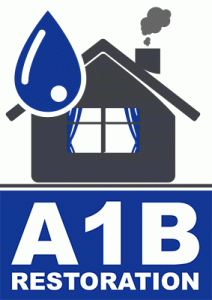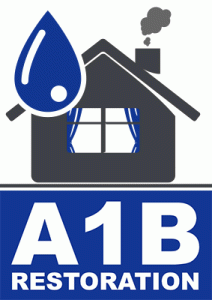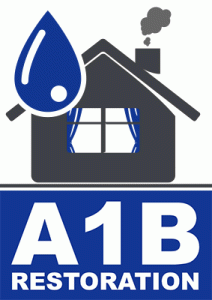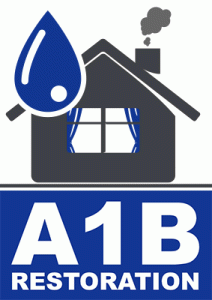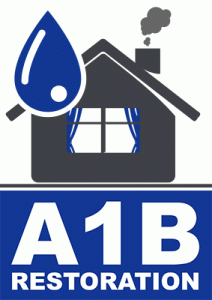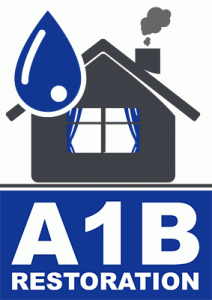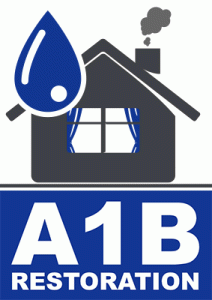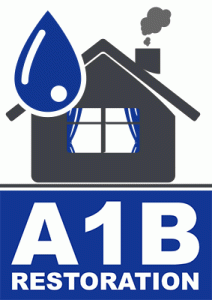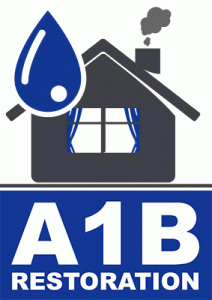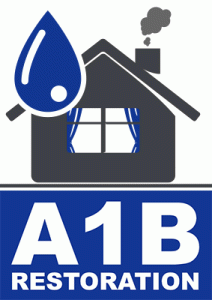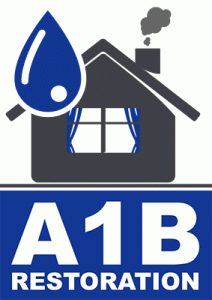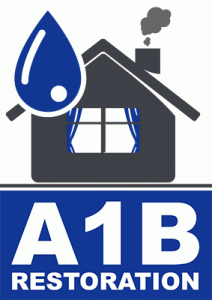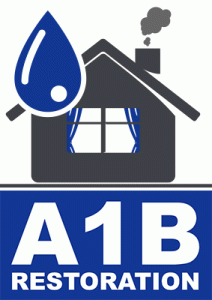Water Damage Mitigation: Key Strategies for Homeowners
Water damage is a homeowner’s nightmare, often resulting in costly repairs and significant disruptions. Statistics reveal that water damage accounts for nearly 29% of all property damage claims in the United States, making it a pressing concern for homeowners. This blog post offers valuable insights and actionable strategies to help you prevent and mitigate water damage, ensuring your home remains safe and sound.
Understanding Water Damage
Before diving into mitigation strategies, it’s crucial to understand the different types of water damage. Water damage can be categorized into three main types:
- Clean Water Damage: Caused by water from a clean source like broken pipes or rainwater.
- Gray Water Damage: Results from water that may contain contaminants, such as dishwashers or washing machines overflow.
- Black Water Damage: The most severe type, often containing harmful bacteria or chemicals, typically from sewage or floodwater.
Key Strategies for Water Damage Prevention
Regular Maintenance and Inspections
Regular maintenance is the cornerstone of water damage prevention. Here are some key areas to focus on:
- Roof and Gutters: Conduct semi-annual inspections to check for missing shingles, leaks, and clogged gutters. Ensure that water is properly diverted away from your home.
- Plumbing System: Inspect pipes and fixtures regularly for leaks and corrosion. Replace any damaged parts immediately.
- Basement and Foundation: Check for cracks in the foundation and seal them promptly. Install a sump pump to manage rising water levels.
Install Water Detection Devices
Water detection devices are a proactive approach to preventing water damage. These devices alert homeowners to leaks or excess moisture, allowing for early intervention. Consider the following options:
- Leak Detectors: Install leak detectors in areas prone to leaks, such as under sinks and near water heaters.
- Smart Water Sensors: These sensors connect to your smartphone, providing real-time alerts if water is detected.
Effective Landscaping
Landscaping plays a significant role in water damage prevention. Ensure that your yard slopes away from your home to prevent water pooling around the foundation. Additionally,:
- Install French Drains: These are effective in redirecting water away from your home.
- Use Native Plants: Native vegetation requires less water and helps in effective water absorption.
Mitigating Water Damage After It Occurs
Immediate Response
Quick action is crucial in minimizing water damage. Here’s what to do immediately after detecting water damage:
- Turn Off Water Source: Identify and shut off the water source to prevent further damage.
- Remove Excess Water: Use pumps, buckets, and towels to remove standing water.
- Ventilate the Area: Open windows and use fans or dehumidifiers to dry out the area.
Professional Help
In severe cases, professional intervention is necessary. Water damage restoration experts can provide services such as:
- Water Extraction: Professionals have specialized equipment to extract large volumes of water efficiently.
- Mold Remediation: Mold growth is a common consequence of water damage. Experts can effectively remove mold and prevent future growth.
Insurance and Water Damage
Understanding your insurance policy is essential in mitigating financial losses from water damage. Most standard homeowner’s insurance policies cover sudden and accidental water damage, but not issues resulting from neglect or poor maintenance. Consider:
- Flood Insurance: Standard policies do not cover flood damage. If you live in a flood-prone area, consider purchasing additional flood insurance.
- Documenting Damage: Keep detailed records of damage and repairs to support insurance claims.
Conclusion
Water damage can be devastating, but with proactive measures and timely interventions, homeowners can significantly reduce the risks and impacts. Regular maintenance, effective use of technology, and understanding your insurance coverage are key components in safeguarding your home against water damage. By implementing these strategies, you ensure the safety and longevity of your home, providing peace of mind for you and your family.
For more information on water damage mitigation, feel free to contact us or explore additional resources on our website.
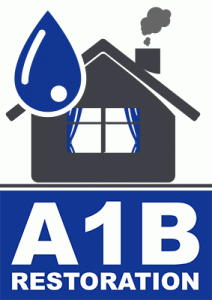
water damage restoration services near me Duncanville Texas
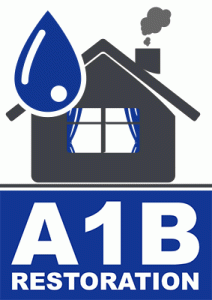
emergency water damage restoration Highland Park Texas
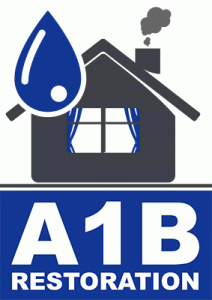
water mitigation company near me Richardson Texas
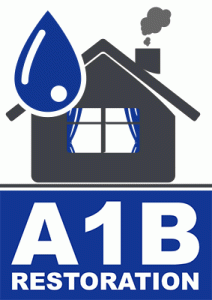
water damage and restoration companies Grapevine Texas
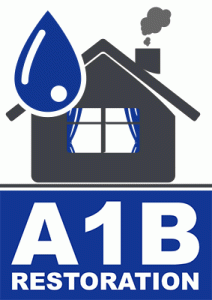
Rowlett Texas water damage restoration service near me
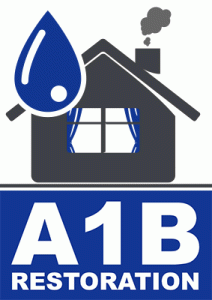
water damage restoration cost North Richland Hills Texas
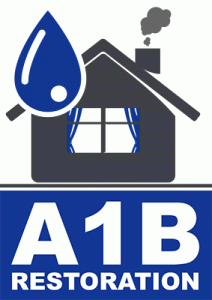
Allen TX water damage restoration companies near me
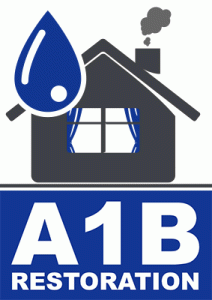
Lake Highlands Dallas TX water damage restoration services
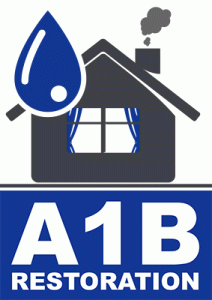
residential water damage restoration Sunnyvale Texas
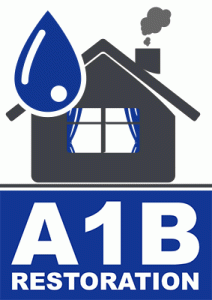
residential water damage restoration Lake Dallas Texas
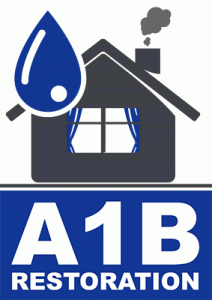
Arlington Texas water damage restoration service near me
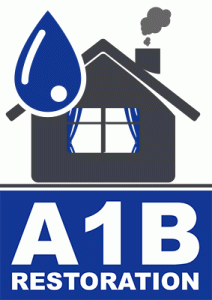
Highland Park Texas disaster restoration companies
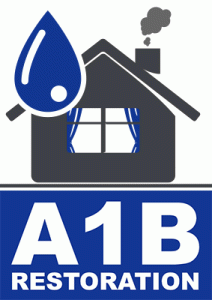
The Colony Texas restoration water damage companies
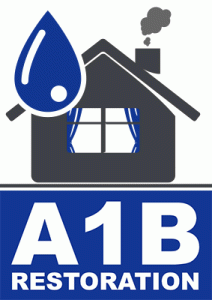
Lake Highlands Dallas Texas water damage restoration near me
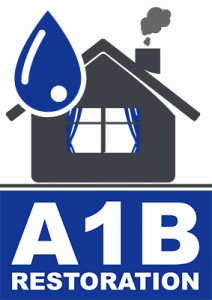
The Colony Texas water extraction company near me
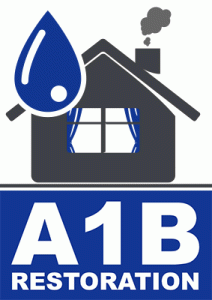
Lakewood Dallas Texas restoration water damage companies
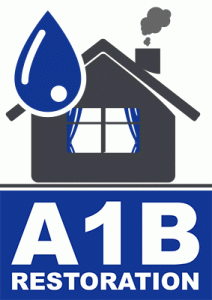
Duncanville Texas water extraction company near me
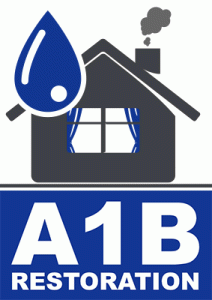
North Richland Hills Texas water restoration companies
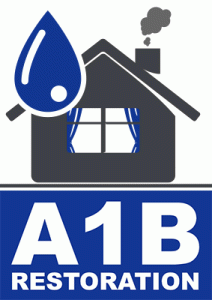
Flower Mound Texas restoration water damage companies
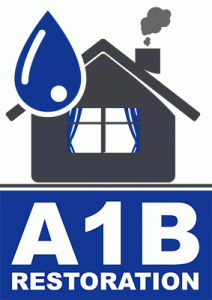
Preston Hollow Dallas TX restoration water damage experts
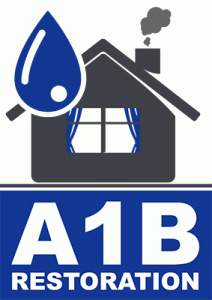
The Colony TX water damage restoration companies near me
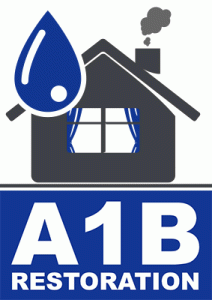
Lakewood Dallas TX water damage restoration company
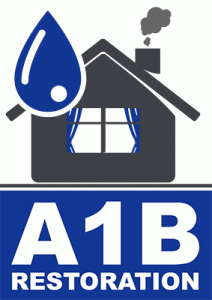
Colleyville TX water damage restoration companies near me
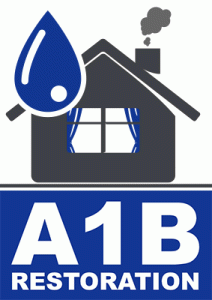
Duncanville TX water damage restoration companies
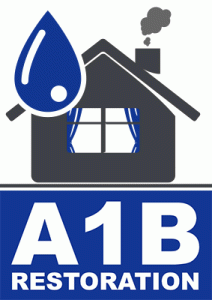
Lakewood Dallas TX water damage restoration services
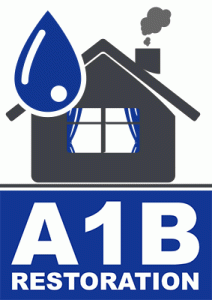
Preston Hollow Dallas TX water damage restoration

Lake Highlands Dallas TX water damage restoration services
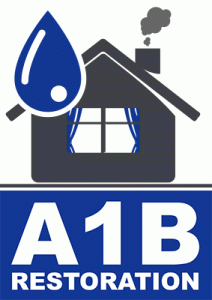
Wylie TX water damage restoration companies near me
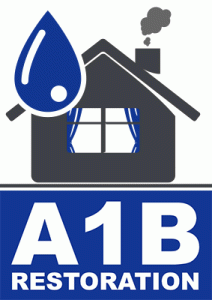
best water damage restoration near me Fairview Texas
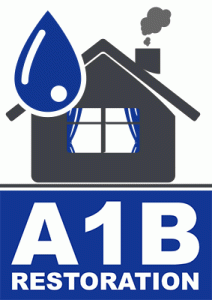
best water damage restoration near me Royse City Texas
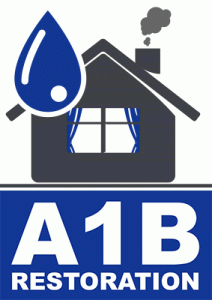
best water damage restoration near me North Richland Hills Texas
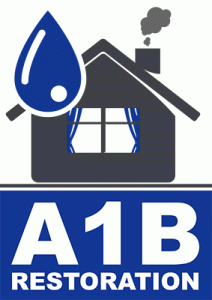
water damage restoration services near me Sunnyvale Texas
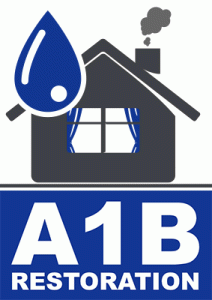
water damage and restoration companies Flower Mound Texas
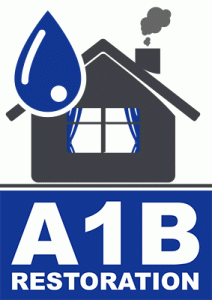
water damage restoration services near me DeSoto Texas
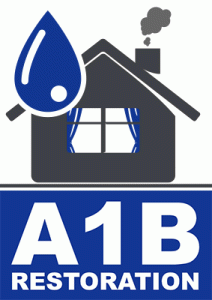
best water damage restoration near me DeSoto Texas
